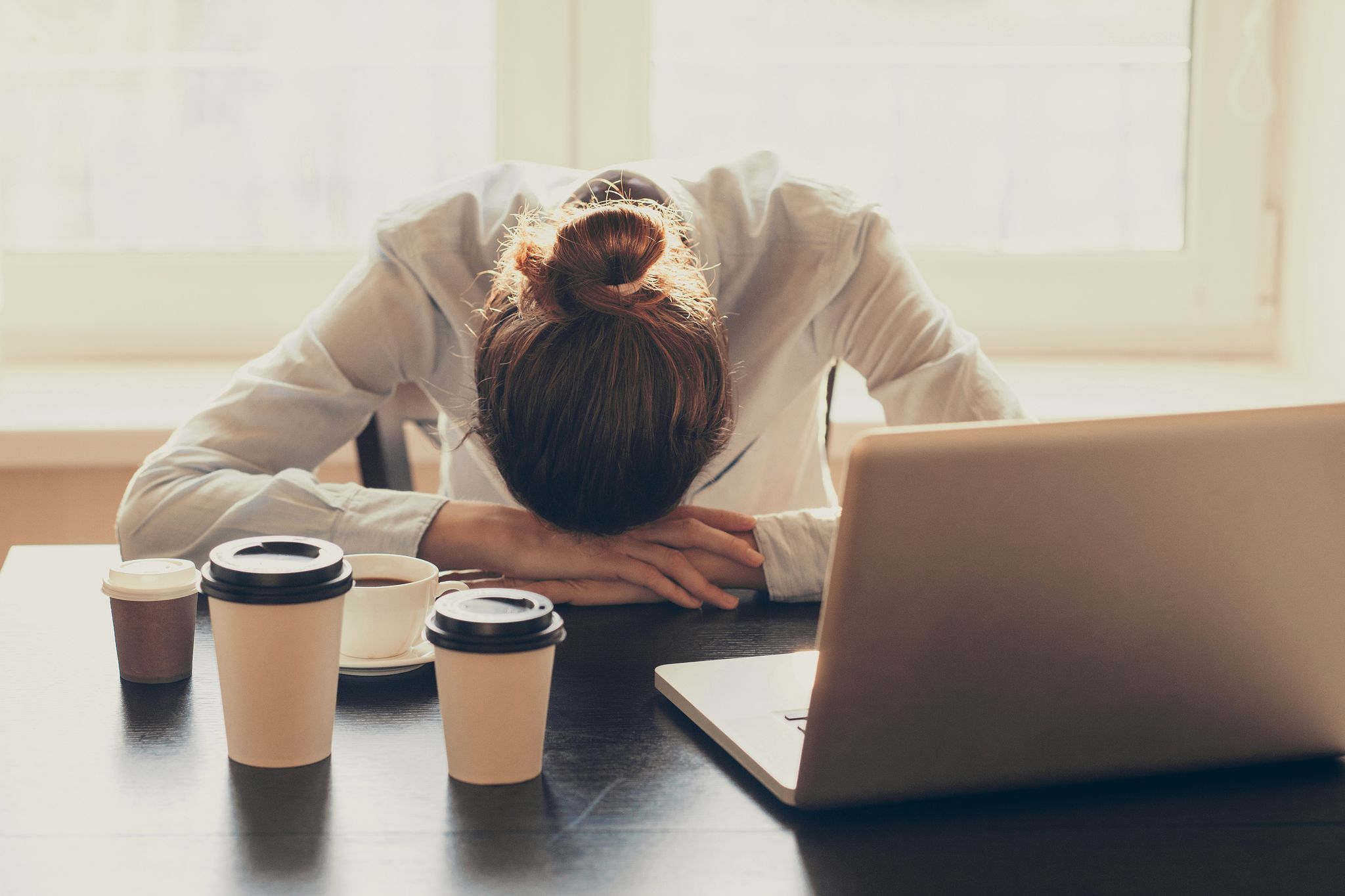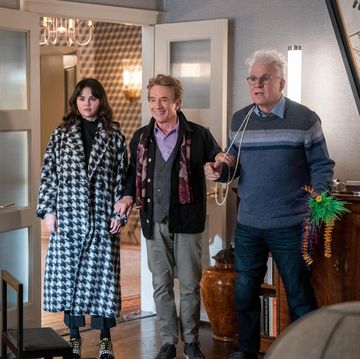For many of us it’s a rare day we bounce out of bed when the alarm sounds, feeling fully rested and energised. In fact, it’s often quite the opposite – even after spending an average seven or eight hours under the duvet.
Of course, it's important to recognise that not everyone is equal, and some people require more sleep than others. However, there are a number of potential reasons why getting plenty of shut eye might not necessarily translate into a fresh and alert you. Dr Davinder Garcha explains some below:
1. Psychological tiredness
“Stress and anxiety are common causes of tiredness, and a survey conducted by the Mental Health Foundation showed that almost a third of the population have severe sleep-deprivation, frequently associated with work or financial concerns. This may not necessarily mean a lack of sleep, but rather it may be associated with a lack of good quality sleep. Sleep is made up various processes and stages, and it is thought that good quality sleep involves spending sufficient time in each of these stages, including deep sleep. Anxiety and stress can impact upon sleep patterns, and are known to significantly lower levels of deep sleep achieved. Try to find ways to alleviate these, and better rest should in turn follow.”
2. Diet and lifestyle
“Choices such as excessive alcohol consumption in the evening, or eating sugary foods, are often associated with poor sleep, pulling a person out of deep sleep more readily. This means you feel more lethargic the following day. A 2016 study from Columbia University found that high sugar and saturated fat, and low fibre, were associated with lighter, less restorative sleep, compared to diets lower in sugar and saturated fats, and higher in fibre. Therefore, altering your diet to include more fibre, whilst reducing sugar, alcohol and saturated fat should help banish the tiredness.”
3. Disturbance to your gut microflora
“The friendly bacteria within our gut, known as our gut microflora, are vitally important to our wellbeing, including our sleep. In fact, they produce hormones and chemical neurotransmitters that help calm and relax us. They also reduce levels of the stress hormone cortisol (and we already know how badly stress can affect our sleep). So when our microflora is damaged (for example by antibiotic use or a stomach bug), this can have knock-on effects on our sleep. One easy way to restore the gut microflora to health is to use a probiotic, such as Bio-Kult Advanced 14-strain (£9.25), which helps to rebalance this disturbance.”
4. Iron-deficiency anaemia
“Caused by a lack of iron, this form of anaemia is associated with tiredness and a general lack of energy. It can be easily diagnosed by a GP following a blood test. If you have iron-deficiency anaemia, iron supplementation is typically prescribed. In addition, you should eat iron-rich foods including green, leafy vegetables such as kale, as well as meat and beans.”
If you do suspect you have one of these issues, speaking to your GP or pharmacist is always important to get some useful advice.

Bridget March is Bazaar's Digital Beauty Director overseeing all beauty content, including wellbeing. From news and interviews to tutorials and treatment reviews, she answers the beauty questions you’re searching for with expert advice and takes deep dives into the latest trends. Bridget has written for various brands within the Hearst digital portfolio and was formerly Digital Beauty Editor at Cosmopolitan. She lives with her husband and two sons in the Cotswolds.
Follow Bridget on Instagram @bridgetmarch.













